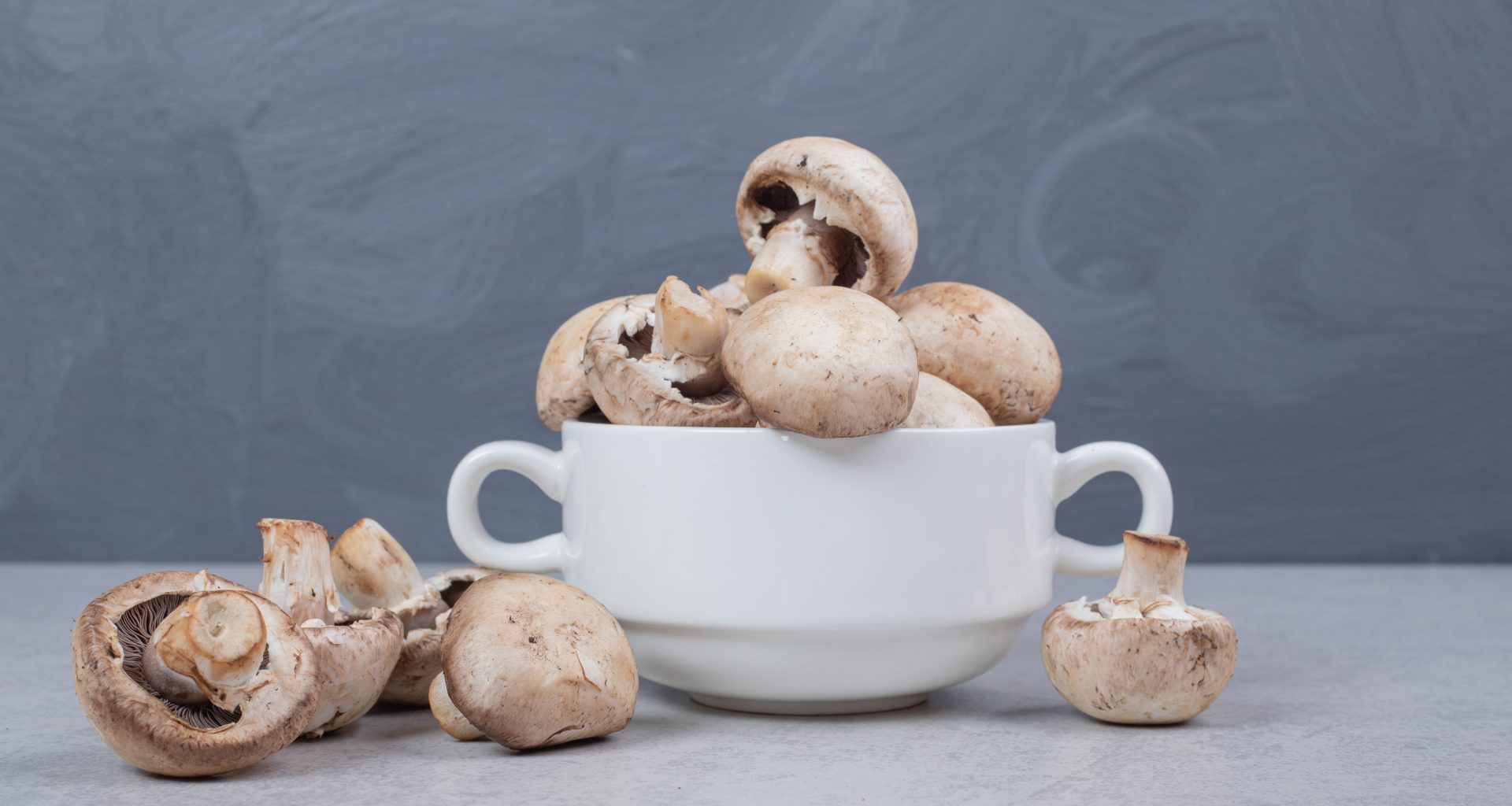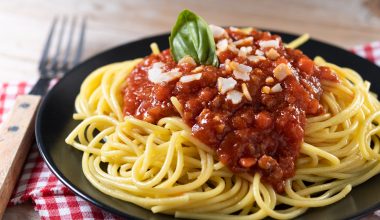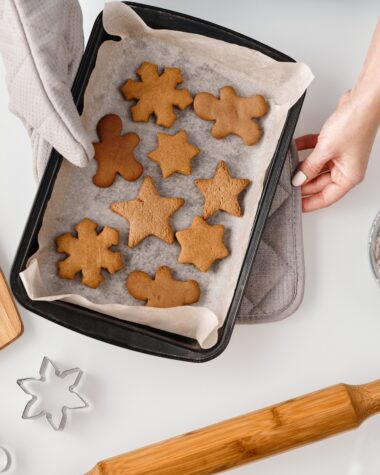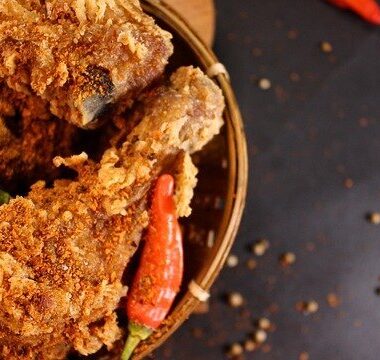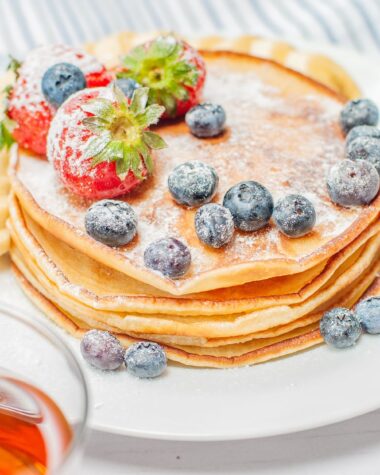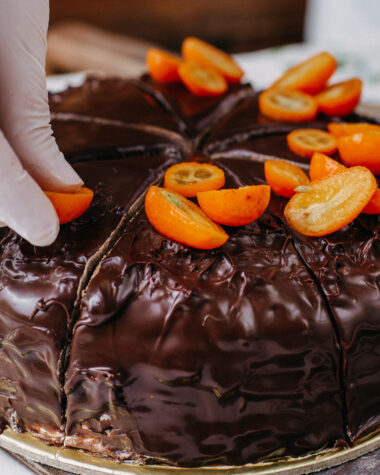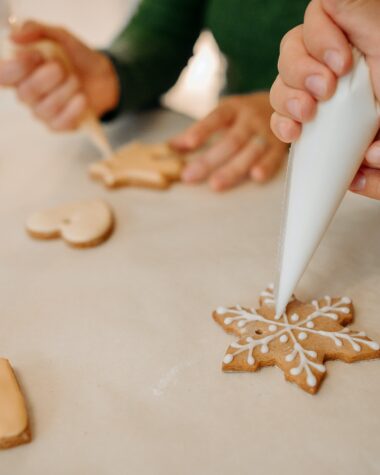Welcome to the world of mushroom tea! If you’re a fan of both mushrooms and herbal brews, then this delightful concoction is about to become your new favorite sip. Mushroom tea has been gaining popularity for its unique flavors, soothing properties, and potential health benefits. Whether you’re seeking a warm cup of relaxation or an immune-boosting elixir, mushroom tea offers endless possibilities.
In this blog post, we’ll dive into the fascinating realm of mushroom tea and explore different recipes that will awaken your taste buds. From earthy shiitake to exotic reishi and versatile lion’s mane, we’ll uncover the diverse types of mushrooms used in making this enchanting beverage. But first, let’s unravel the remarkable health benefits that make mushroom tea worth brewing up in your kitchen!
So sit back, grab a cozy blanket, and prepare yourself for a journey through tantalizing aromas and nourishing sips as we delve into how to make mushroom tea like never before!
Health Benefits Of Mushroom Tea
Mushroom tea, a beverage made by infusing mushrooms in hot water, has gained popularity in recent years due to its numerous health benefits. Not only does it offer a unique and earthy flavor, but it also provides an array of nutrients that can support overall well-being.
- One notable benefit of mushroom tea is its immune-boosting properties. Certain mushrooms such as reishi and chaga are rich in antioxidants and beta-glucans which can strengthen the immune system and help fight off infections.
- Additionally, mushroom tea is known for its adaptogenic qualities. Adaptogens are substances that help the body adapt to stress and promote balance. Lions mane, cordyceps, and shiitake mushrooms have been studied for their potential to improve cognitive function, reduce fatigue, and enhance focus.
- Moreover, mushroom tea may have anti-inflammatory effects. Mushrooms like turkey tail contain compounds that can inhibit inflammation in the body, potentially reducing the risk of chronic diseases associated with inflammation.
- Furthermore, many varieties of mushroom tea are low in calories while being high in fiber content. This combination makes it a great choice for those looking to manage their weight or improve digestion.
Types Of Mushrooms Used In Making Mushroom Tea
When it comes to making mushroom tea, the type of mushroom you choose is crucial. Different mushrooms have distinct flavors and properties that can add depth and complexity to your brew. Here are some popular types of mushrooms used in making mushroom tea:
Reishi Mushroom: Known as the “king of mushrooms,” reishi is revered for its immune-boosting properties. It has a bitter taste but can be balanced with sweeteners or combined with other flavorful ingredients.
Chaga Mushroom: Chaga has a woody and earthy flavor profile, often described as similar to black tea. It’s rich in antioxidants and believed to offer various health benefits, including supporting digestion and reducing inflammation.
Lion’s Mane Mushroom: This unique-looking fungus tastes like seafood when cooked, but when steeped into a tea, it offers a mild umami flavor. Lion’s mane is known for its potential cognitive benefits and may support brain health.
Shiitake Mushroom: Popular in Asian cuisine, shiitake mushrooms impart a savory taste to dishes and teas alike. They contain compounds that may help boost the immune system and support heart health.
Cordyceps Mushroom: With an earthy taste reminiscent of wild mushrooms, cordyceps are valued for their potential energy-enhancing effects. They’re commonly used by athletes seeking improved stamina during workouts.
These are just a few examples of mushrooms you can use in your homemade mushroom tea recipe! Each type brings its own unique qualities to the table – experiment with different combinations until you find your favorite blend!
Basic Recipe For Making Mushroom Tea
Mushroom tea is a delightful and nourishing beverage that can be easily prepared in the comfort of your own kitchen. The basic recipe for making mushroom tea involves just a few simple steps. Here’s how to get started.
- First, gather your ingredients. You will need dried mushrooms, such as reishi or chaga, water, and optional flavorings like honey or lemon juice. It’s important to choose high-quality mushrooms from a reputable source to ensure their potency and safety.
- Next, bring water to a boil in a pot on the stove. Once the water reaches boiling point, add the dried mushrooms and reduce the heat to low. Allow the mixture to simmer gently for about 20-30 minutes.
- After simmering, strain out the mushrooms using a fine mesh sieve or cheesecloth into another container. This will separate the liquid from any remaining mushroom particles.
- Now it’s time to enjoy your homemade mushroom tea! Pour yourself a warm cup and savor its earthy flavors and soothing properties. Feel free to add honey or lemon juice if desired for added sweetness or tanginess.
So why not give this simple yet satisfying recipe a try? Incorporating mushroom tea into your routine may provide you with numerous health benefits while also delighting your taste buds with its unique flavors! Enjoy every sip knowing you’ve made something special right at home
Step-By-Step Guide On How To Make Each Variation
Chaga Mushroom Tea: Start by gathering a few chunks of dried chaga mushrooms and break them into small pieces. Place the chaga in a pot with water and bring it to a boil. Let it simmer for about an hour until the tea turns dark brown. Strain the liquid into your cup and enjoy!
Reishi Mushroom Tea: Begin by slicing reishi mushrooms into thin pieces or using pre-sliced ones. Add the slices to a pot of water and let it simmer for at least 30 minutes, allowing all those beneficial compounds to infuse into the tea. Strain out any mushroom remnants before savoring this earthy elixir.
Lion’s Mane Mushroom Tea: To make lion’s mane mushroom tea, start by slicing fresh or dried lion’s mane mushrooms into smaller pieces. Bring water to a boil in a saucepan and add the mushroom slices, letting them steep for around 20-30 minutes until you achieve that desired flavor profile.
Cordyceps Mushroom Tea: Begin making cordyceps mushroom tea by grinding up dried cordyceps mushrooms using a coffee grinder until they become fine powder-like consistency.
Add hot water (not boiling) over one teaspoon of powdered cordyceps per cup of water.
Allow the mixture to steep for 10-15 minutes, strain if necessary, then sip away!
Shitake Mushroom Tea: To prepare shitake mushroom tea, gather some dried shitake mushrooms and soak them in warm water for about 20-30 minutes until they soften up.
Once softened, transfer both mushrooms and soaking liquid into a saucepan and bring everything to low heat.
Simmer gently for approximately 45 minutes before straining out any solids.
Now that you know how simple it is to create these different variations of mushroom tea, you can experiment with flavors and find the one that suits your taste buds best. Remember, each mushroom
Tips For Brewing The Perfect Cup Of Mushroom Tea
Choose quality mushrooms: The first step in brewing a delicious cup of mushroom tea is selecting high-quality mushrooms. Look for fresh and organic varieties, such as shiitake, lion’s mane, or reishi. These mushrooms have unique flavors and health benefits that will enhance your tea.
Properly clean and prepare the mushrooms: Before using the mushrooms, make sure to rinse them thoroughly under running water to remove any dirt or debris. You can also gently brush them with a soft brush to ensure they are clean.
Use hot but not boiling water: When steeping your mushroom tea, it’s important to use hot water but avoid boiling it as this can destroy some of the beneficial compounds in the mushrooms. Aim for water temperature around 160-180°F (70-80°C).
Steep for the right amount of time: Depending on the type of mushroom you’re using, steeping times may vary. Generally, steeping for 10-15 minutes should be sufficient to extract all the flavors and medicinal properties.
Add other ingredients if desired: To enhance the taste and benefits of your mushroom tea, consider adding other ingredients like ginger, lemon juice, honey, or even herbal teas like chamomile or peppermint.
Experiment with different flavor combinations: Don’t be afraid to get creative! Try blending different types of mushrooms together or mix in spices like cinnamon or turmeric for added depth and complexity.
Strain before serving: To remove any leftover bits from the brewed tea, strain it before pouring into cups or mugs.
Remember that everyone has their own preferences when it comes to taste and strength of their mushroom tea brews – feel free to experiment until you find your perfect cup! Enjoy sipping on this nourishing elixir while reaping its numerous health benefits
Other Creative Ways To Use Mushroom Tea
Aside from enjoying a warm cup of mushroom tea on its own, there are several other inventive ways to incorporate this earthy elixir into your daily routine. Here are a few ideas to get you started:
Mushroom-infused smoothies: Add a splash of mushroom tea to your favorite smoothie recipe for an extra boost of flavor and nutrients. The subtle earthiness pairs well with fruits like berries or tropical flavors like pineapple.
Mushroom marinades: Use mushroom tea as a base for marinades to infuse your meats, tofu, or vegetables with a rich umami taste. Simply combine the tea with your choice of herbs, spices, and seasonings for a unique twist on traditional marinades.
Mushroom cocktails/mocktails: Get creative behind the bar by incorporating mushroom tea into your cocktails or mocktails. Experiment with different combinations and garnishes to create refreshing and unexpected flavor profiles.
Mushroom-infused soups and stews: Enhance the depth of flavor in hearty soups and stews by substituting some or all of the broth with brewed mushroom tea. The mushrooms’ natural savory notes will add complexity to any dish.
Mushroom ice cubes: Freeze leftover mushroom tea in ice cube trays and use them as flavorful additions in beverages like iced coffee, herbal teas, or even water for a subtle hint of earthiness.
Remember that these ideas are just starting points – feel free to let your creativity run wild when it comes to incorporating mushroom tea into various recipes!
Also Read: Clay Bead Ideas For Bracelet – DIY
Conclusion: Incorporating Mushroom Tea into Your Daily Routine
Now that you have learned about the various recipes and health benefits of mushroom tea, it’s time to consider how you can incorporate this delightful beverage into your daily routine. Whether you are a seasoned tea enthusiast or someone looking for alternative ways to enhance wellness, mushroom tea offers a unique and flavorful option.
